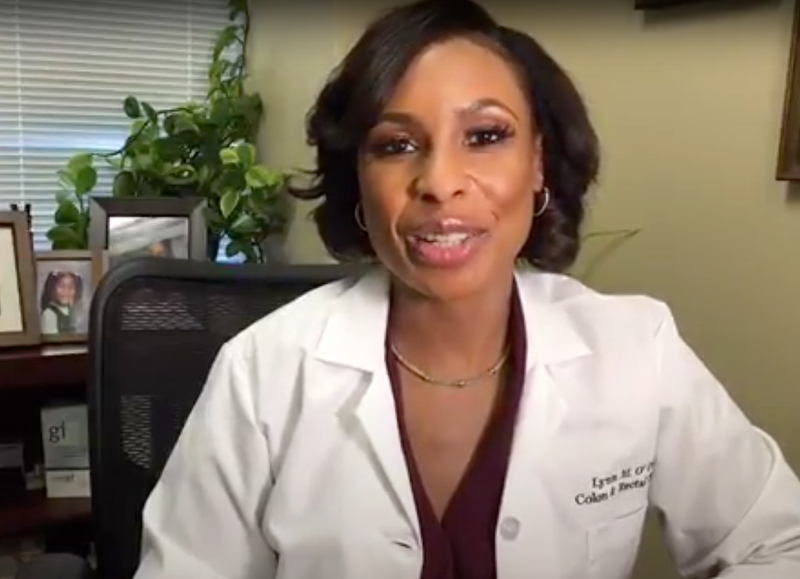
NEW YORK (1010 WINS/WCBS 880) —The NYPD appointed its first Black female police surgeons on Sept. 25, marking a historical moment.
Dr. Lynn O’Connor grew up in Flushing, Queens, and is now a Long Island-based colorectal surgeon.
"This is, first of all, a very historic set of appointments," O'Connor told Newsday, highlighting her position within the NYPD's 35-strong team of police surgeons.
As the department's only colorectal surgeon, she brings her experience as the chief of colorectal surgery at Mercy Hospital in Rockville Centre and St. Joseph's Hospital in Bethpage.
O'Connor discussed the alarming rise in colorectal cancer cases among younger populations. "We've found that colorectal cancer has been increasing steadily in the young population since the 1980s," she stated, expressing concern for officers who often face challenges in maintaining healthy lifestyles due to the demanding nature of their jobs.
"These police officers," O'Connor said, "are out in the rain, in the snow, at all hours of the night and day; they may not be able to have the healthiest diet."
For O'Connor, educating officers about colorectal health and the importance of screening programs is a priority. "Screening colonoscopies save lives," she said.
Dr. Lynn O’Connor, a colorectal surgeon who grew up in Flushing, will be treating officers at the department's district offices in LeFrak City, Queens, as well as at her own practice offices in Rockville Centre and Huntington.
A mother and professional, O'Connor believes her appointments represent a broader picture, especially considering the underrepresentation of African American physicians.
Only 5.7% of the country's doctors are Black, according to the National Medical Association.
"It's also significant," O'Connor said, "because you don't have a lot of African American physicians in positions that the world can see. I always tell people 'You can't be it if you can't see it.' So, being able for boys and girls and young women to see these positions, and see what you can do with hard work and perseverance, was important."
